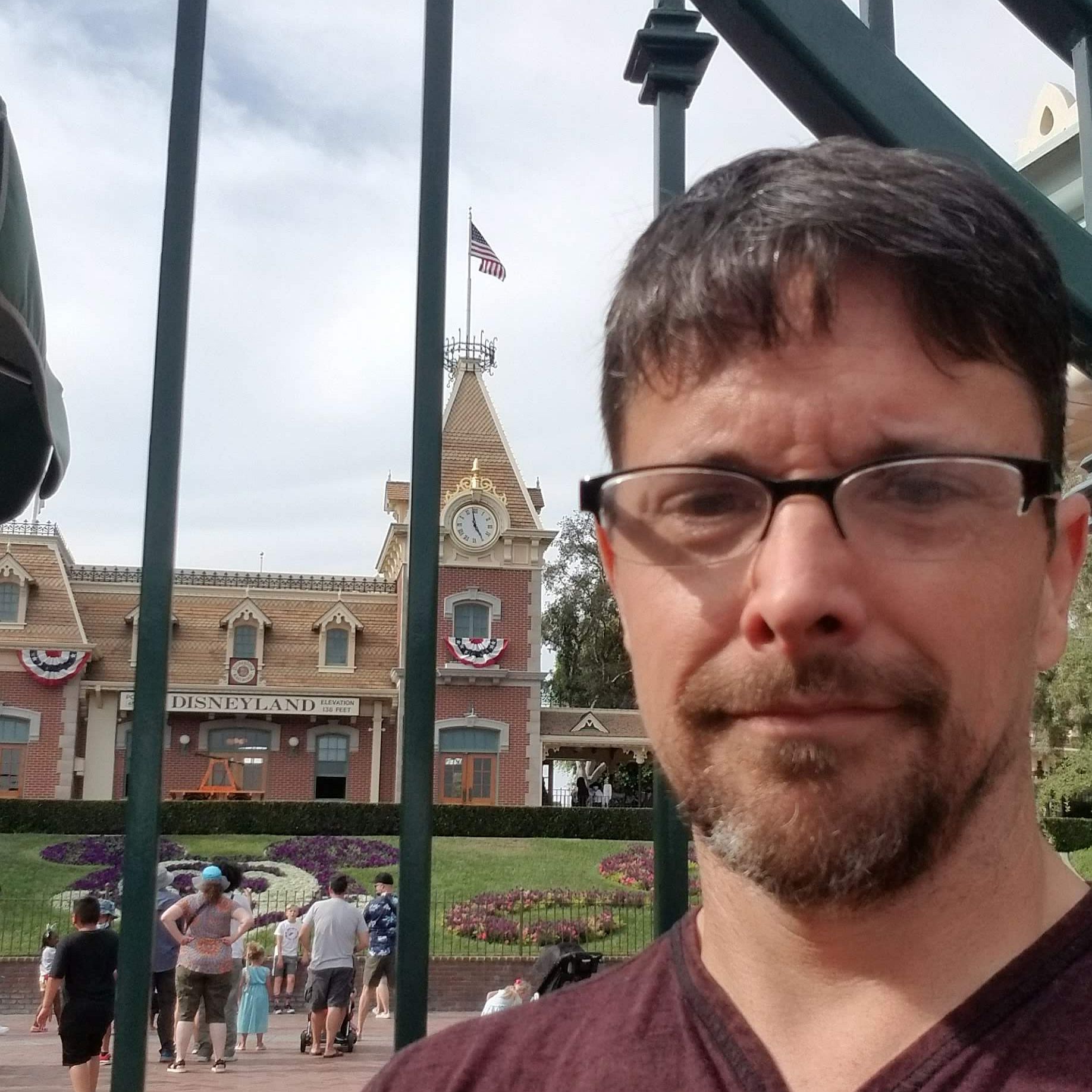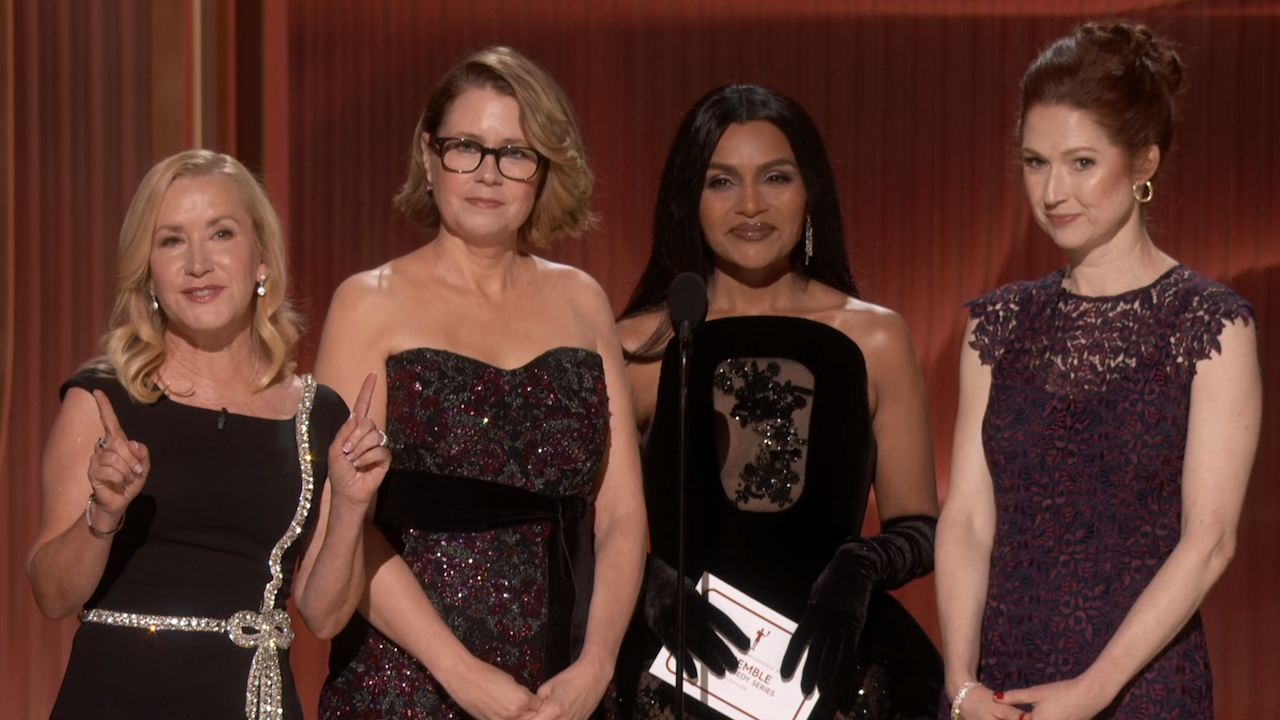More Movies Need To Follow Terminator: Dark Fate And Just Ignore Their Sequels

Your Daily Blend of Entertainment News
You are now subscribed
Your newsletter sign-up was successful
The Terminator film franchise had gotten out of control. I think we can all agree on that by this point, right? The first two movies are excellent, but after that we got three films that were disasters of varying degrees.
Some of them just had barely anything new to offer, while others at least tried to do things unique and different. If successful, each ensuing sequel could have taken the franchise in a fresh direction. However, they all failed to connect with audiences, leaving to nothing more than a pile of Terminator stories for fans to try to put together into some sort of coherent story. It doesn't really work.
With Terminator: Dark Fate, some work is being done to try and clean up the mess. The new movie will take place following Terminator 2: Judgement Day, and it will ignore any sequels that have taken place since that point. No more Rise of the Machines, no more Salvation and no more of whatever the hell Genisys was trying to accomplish.
This isn't an entirely new idea, of course, even recently. The newest entry in the Halloween franchise was a direct follow-up to the 1978 original, ignoring the multitude of sequels and remakes that followed that one. With Halloween, the strategy largely worked, and based on initial critics' reactions, Dark Fate basically does as well.
Other movies have done it as well. Superman Returns is essentially a sequel to the Christopher Reeve Superman films, but one that clearly doesn't take into account the latter pair of movies from that series.
Without question, this is a strategy that more movie franchises should look at. While many criticize the focus on franchise filmmaking, which certainly does seem to be more important to studios than ever before, the fact is that audiences absolutely want more movies with their favorite characters. At the same time, the constant remakes and reboots that only bring the characters back, aren't always what people are looking for. Let's delve more into the topic.
A Remake Is A Gamble
A remake may give you a character you love back on the big screen, but by its very nature, it's not really the same character that you saw before. A comic book movie isn't solely successful because it has the character in it. It's usually the performance of the character that causes audiences to connect, or not, and so changing that formula is a risky proposition.
Your Daily Blend of Entertainment News
When Sam Raimi's Spider-Man franchise got stalled, Sony didn't want to lose out on the popular character not being on screens, and so a new, from-the-ground-up version of the web-slinging hero was almost instantly given the green light. The Amazing Spider-Man movies were not met with the same warm reception as the first two Raimi movies, and The Amazing Spider-Man 2 was pretty well skewered by critics and audiences alike. Fans wanted more Spider-Man, but not just any Spider-Man. Simply putting the character in a movie is no guarantee for success.
Doing this sort of partial reboot has the potential to give everybody a little of what they want. The studio gets a new entry in whatever potentially profit-making franchise it has, and fans get another movie in a series they like, using the characters as they were portrayed previously.
I'm not even sure it needs to be limited to movies that can bring back the original actors. Take something like the previously mentioned Superman Returns. Now, that's not a movie everybody loves, though I think its better than it gets credit for. Even though the cast of actors is entirely different, the movie isn't. Brandon Routh is doing his best impression of Christopher Reeve throughout. Kevin Spacey isn't playing Lex Luthor, he's playing Gene Hackman playing Lex Luthor.
The movie may not have worked, but I think that's due to problems with the specific script rather than the concept. For fans who always wished they could have had one more Christopher Reeve Superman movie, they basically got it. An idea like this, but obviously better executed, could still work with another franchise.
It Makes The Franchise More Accessible
It also opens the door to make the movie and the franchise more accessible. If you've seen any Terminator movies, there's a good chance the first couple are in there. If you gave up on the franchise at some point because the sequels weren't very good, and Dark Fate had been just another sequel, then you'd probably skip out on it, even if it turned out to be good, because you weren't sure you'd know what was going on. But now you don't need to be afraid you're missing information.
Who even knows what was going on with the Halloween franchise before the recent film. Keeping track of all that history was a mess. But if you wanted to enjoy 2018's Halloween to its fullest, there was only one other movie you needed to see. Even if you hadn't seen it before, it would be much easier to catch up.
The other problem with long running franchises is that they can get constraining from a creative standpoint. A new writer and director has limited ability to come in and try something different with a franchise where they'll be expected to keep characters and plotlines within certain parameters. The deeper the lore, the more there is to consider and the more constraints there are on any new story.
By taking things back in time there's at least a bit more freedom to create a new story and take known characters in new directions. A complete reboot would, of course, give near complete freedom, but what we're looking at here is a sort of a middle ground.
There Is A Downside
Of course, this idea won't work for every conceivable franchise. Simply making a sequel to a movie that doesn't work, and then making another that ignores the previous film, doesn't guarantee success. Terminator is in a somewhat unique position in that its time travel premise is sort of built around the idea of changing the timeline, so it's easier for a movie like that to just jump in and say they just erased the last movie from existence.
Like all ideas that Hollywood gets ahold of, there is the possibility that this could be done too much. How many bites at the apple does a franchise get before they completely destroy the concept?
Halloween is taking its reboot further with a pair of planned sequels, and it seems likely that Terminator will do the same if Dark Fate is a hit. There is one potential problem with this down the road because it will, of course ultimately, just make the franchises that much more confusing. In 20 or 30 years. a fan just coming to the Terminator franchise could have a real problem figuring out which movies they want to watch. Which ones are part of which timeline again?
Let us know what you think about this 'ignoring sequels' idea in the poll and comments below.
This poll is no longer available.

CinemaBlend’s resident theme park junkie and amateur Disney historian, Dirk began writing for CinemaBlend as a freelancer in 2015 before joining the site full-time in 2018. He has previously held positions as a Staff Writer and Games Editor, but has more recently transformed his true passion into his job as the head of the site's Theme Park section. He has previously done freelance work for various gaming and technology sites. Prior to starting his second career as a writer he worked for 12 years in sales for various companies within the consumer electronics industry. He has a degree in political science from the University of California, Davis. Is an armchair Imagineer, Epcot Stan, Future Club 33 Member.
